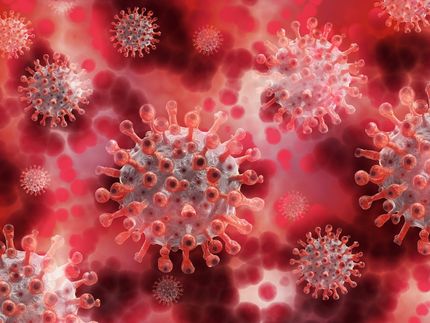Human neural stem cells restore motor function in mice with chronic spinal cord injury
UCI study is first to show reversal of long-term hind-limb paralysis
A UC Irvine study is the first to demonstrate that human neural stem cells can restore mobility in cases of chronic spinal cord injury, suggesting the prospect of treating a much broader population of patients. Previous breakthrough stem cell studies have focused on the acute, or early, phase of spinal cord injury, a period of up to a few weeks after the initial trauma when drug treatments can lead to some functional recovery.
The UCI study, led by Aileen Anderson and Brian Cummings of the Sue & Bill Gross Stem Cell Research Center, is significant because the therapy can restore mobility during the later chronic phase, the period after spinal cord injury in which inflammation has stabilized and recovery has reached a plateau. There are no drug treatments to help restore function in such cases. The study appears in PLoS ONE.
The Anderson-Cummings team transplanted human neural stem cells into mice 30 days after a spinal cord injury caused hind-limb paralysis. The cells then differentiated into neural tissue cells, such as oligodendrocytes and early neurons, and migrated to spinal cord injury sites. Three months after initial treatment, the mice demonstrated significant and persistent recovery of walking ability in two separate tests of motor function when compared to control groups.
"Human neural stem cells are a novel therapeutic approach that holds much promise for spinal cord injury," said Anderson, associate professor of physical medicine & rehabilitation and anatomy & neurobiology at UCI. "This study builds on the extensive work we previously published in the acute phase of injury and offers additional hope to those who are paralyzed or have impaired motor function."
The research is the latest in a series of collaborative studies conducted since 2002 with StemCells Inc. that have focused on the use of StemCells' human neural stem cells in spinal cord injury and resulted in multiple co-authored publications. StemCells Inc., based in Palo Alto, Calif., is engaged in the research, development and commercialization of stem cell therapeutics and tools for use in stem cell-based research and drug discovery.
According to Dr. Stephen Huhn, vice president and head of the central nervous system program at StemCells Inc., "the strong preclinical data we have accumulated to date will enable our transition to a clinical trial, which we plan to initiate in 2011."
Most read news
Topics
Organizations
Other news from the department science

Get the life science industry in your inbox
By submitting this form you agree that LUMITOS AG will send you the newsletter(s) selected above by email. Your data will not be passed on to third parties. Your data will be stored and processed in accordance with our data protection regulations. LUMITOS may contact you by email for the purpose of advertising or market and opinion surveys. You can revoke your consent at any time without giving reasons to LUMITOS AG, Ernst-Augustin-Str. 2, 12489 Berlin, Germany or by e-mail at revoke@lumitos.com with effect for the future. In addition, each email contains a link to unsubscribe from the corresponding newsletter.


















































